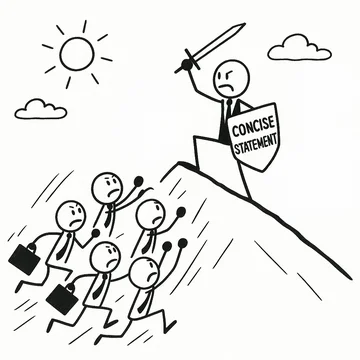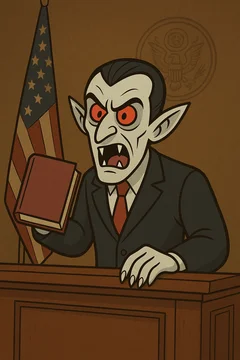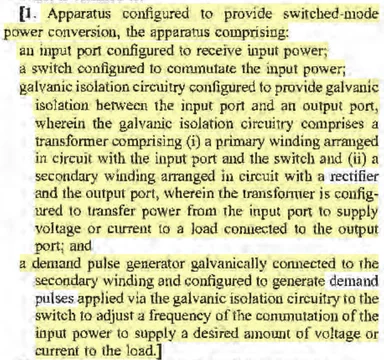
When it comes to summary judgment and Daubert motions, the local rules here in D. Del. set a limit for the number of pages, but don't set a limit for the number of motions. Our judges' form scheduling orders for patent actions address this, and set length limits for brifing dispositive motions (and sometimes for combined SJ/Daubert briefing).
Sometimes, however, parties end up with scheduling orders that place no limits on the number of motions. In that case, in theory, a party can file as many SJ motions as it wants under the rules, with 20 pages for each motion. In practice, that may not pan out so well.
We saw that this week in Globus Medical, Inc. v. Life Spine, Inc., C.A. No. 21-1445-JPM (D. Del. May 14, 2025). In that case, the visiting judge's scheduling order set no limits on SJ or Daubert briefing, Id. D.I. 27. Absent any limits, the defendant filed four SJ motions and one Daubert motion, accompanied by 64 pages / 17,000 words of briefing. Id., D.I. 265 at 2-3.
The Court did not go for that. It noted that the briefing was well over what would normally be allowed under other judges' procedures:
[M]ultiple District of Delaware judges allow for multiple MSJs, but require other limitations, such as a total word or page count. . . . Regardless of the Court’s approach, Defendant’s MSJs are over any enumerated limit. Defendant’s MSJs measure at 64 pages of briefing—well over Judge Williams’ limit of 40 combined pages or the Local Rules’ limit of 20 pages. . . . Furthermore, Defendant’s MSJs total about 17,000 words—well over Chief Judge Connolly’s limit of 10,000 combined words.
Id. at 3. It also noted that having so much briefing kind of defeats the point of summary judgment:
Furthermore, allowing Defendant’s MSJs to stand would frustrate a chief purpose behind summary judgment—that is, “the elimination of waste of the time and resources of both litigants and the courts in cases where a trial would be a useless formality.” . . . . Defendant’s MSJs force the Court to expend greater judicial resources in analyzing arguments that go beyond what may involve a genuine issue of material fact.
Id. at 4.
As such, the Court adopted Chief Judge Connolly's 10,000-word limit for opening briefs and struck the defendant's filings, with leave to re-file:
The Court adopts Chief Judge Connolly’s approach. Defendant is thus limited to 10,000 words with no limit as to the amount of dispositive motions. . . . For the reasons discussed above, Plaintiff’s Motion is GRANTED. The Court STRIKES Defendant’s four pending MSJs. (See ECF Nos. 227, 229, 231, 233.) Defendant is granted 10,000 words for its dispositive motions. Defendant has up to and through May 27, 2025, to file its updated motions.
Id. at 4-5.
This is good to know, obviously, if you have another D. Del. case before Judge McCalla with SJ coming up.
But it's also worth keeping in mind generally, as this is an issue that comes up from time to time, particularly in non-patent cases. Even where the scheduling order does not set an explicit limit on the number of SJ pages, the Court is unlikely to be pleased with a party filing multiple SJ/Daubert motions and excessive amounts of briefing.
If you enjoyed this post, consider subscribing to receive free e-mail updates about new posts.




